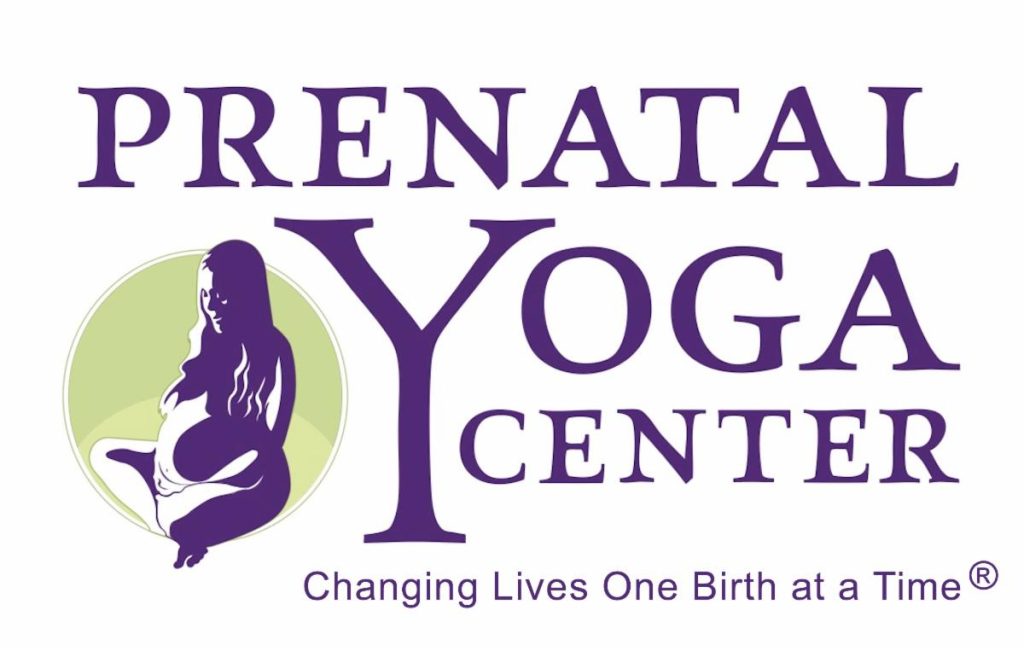Every Wednesday between 12 and 12:15 pm I check in with the mothers who have come to take postnatal yoga. While many different women have cycled through in the past 15 years, many of the issues, concerns, and complaints remain the same. Feeling overwhelmed, completely depleted, disconnected from their core and pelvic floor, breastfeeding issues, and backaches grab the top spots in our discussion.
Many of these women express feelings of being cast aside after the birth of their baby. Prior to the arrival of their child, focus was on the mother’s well-being with frequent visits to her care provider. For most, the next visit with her care provider is the “six-week check up.” A lot can happen in those 6 weeks that the mother then has to navigate on her own.
The Centers for Disease Control (CDC) produced a review of maternal death in the U.S., Building U.S Capacity To Review and Prevent Maternal Death. In this document, the Maternal Mortality Review Committee (MMRC) carefully explains the six key decisions used to examine each maternal death. Based on this criteria the review has reported the highest incidence of pregnancy-related death happens within 42 days (six weeks) after giving birth, with non-Hispanic black women being the most vulnerable. The study states “We have learned that between 20 and 50 percent of maternal deaths in the United States are preventable through the work of MMRCs.” Overall, the leading causes of pregnancy-related death accounting for 72.2 percent of all pregnancy-related deaths include:
- Hemorrhage (12.7%)
- Cardiovascular and coronary conditions (12.7%)
- Cardiomyopathy (11.4%)
- Infection (9.5%)
- Embolism (9.5%)
- Mental Health Conditions (8.9%)
- Preeclampsia and eclampsia (7.6%) (3)
Are women and partners equipped to recognize postpartum depression or unusual swelling or headaches that could be an indication of preeclampsia and eclampsia? Likely not.
Given the gap in time between women being discharged from the hospital and their next appointment with their doctor or midwife, many rely on their care provider at the time of birth and the discharge and postpartum nurses at the hospital for careful instruction and guidance as to what to expect in these first 6 weeks. However, a recent study, Nurses’ Knowledge and Teaching of Possible Postpartum Complications, published in the American Journal of Maternal Child Nursing disclosed some frightening facts about the support and guidance women receive before discharge from a hospital with only 67% of RNs spending less than 10 minutes focusing on potential warning signs(1) There was also a massive lack of knowledge from the nurses themselves about the leading three causes of maternal mortality.(2)
Once the mother finally arrives at the anticipated 6 week appointment, it is often a quick check-in and then clearance is given to return to sex and “prepregnancy activity. From the women I have spoken with, many did not receive any information or screening about Postpartum Depression at this meeting, a check for abdominal diastasis (separation of the rectus abdominal muscles) or discussion about the health of their pelvic floor other than a verbal prescription to start to do Kegels. An obstetrician I spoke with recently revealed that OBs do not get paid for these follow up visits and they are usually only scheduled to be 6 minutes long. This swift and superficial meeting can often leave women feeling unsure of what constitutes “normal” and what their new body should feel like and. This insecurity can just adds to the stress of new motherhood.
Students often say “I cannot get rid of this belly” or “I feel a heaviness in my vagina” or sheepishly reveal incontinence issue. These issues can affect one’s quality of life. With a desire to heal and change the situation, women may unknowingly start an exercise routine that can actually worsen some of the issues they may have developed. Crunches for example, can exasperate abdominal diastasis and belly binding can cause pressure on the pelvic floor resulting in pelvic organ prolapse. Some women eventually take it upon themselves to find treatment, often an out of pocket expense, with a physical therapist who specialize in women’s health.
While the U.S leaves women at the helm of their own recovery while simultaneously embarking upon new motherhood, other countries have developed comprehensive postpartum care routines. In France, postpartum women are routinely prescribed “la re-education perineale,” 10–20 visits of physical therapy designed to retrain the pelvic floor muscles, to be followed by “abdominal re-education” after the pelvic floor sessions are completed, if necessary.(4) In the Netherlands, women regardless of where they birthed, immediately receive a post-natal in-home care service called kraamzorg. The role the kraamvezorgster, postnatal care nurse, is similar to that of a postpartum doula, minus the preparation of meals and light housework. For up to 8 days, new mothers have their kraamvezorgster available to help the mother with breastfeeding, teach the parents how to bath, swaddle and diaper the baby, help partners learn how to support the mother and also act as a buffer between new parents and visiting guests.
What can we do? Force the hand of your care provider – come in with a list of questions for the care provider to address. Yes, this is going to require some gumption on the mothers part and let’s face it, as 6 weeks postpartum, the mother may not be at her most fiesty. Here are some questions to start with
- Please examine my pelvic floor and let me know if there is any prolapse, if any tears have healed properly, if my pelvic floor seems supportive, is my bleeding normal?
- Please examine my abdominal muscles and let me know if there is any abdominal diastsis
- Please talk to me and my partner about postpartum depression and red flags we should be concerned about
- Please discus birth control with me – lactation shouldn’t substitute birth control!
- Please talk to me about proper nutrition while breastfeeding
- What to expect for my first menstruation cycle
- Please check my breasts- is everything normal after all the change?
- Please provide me with references for lactation support
- For those who birthed via cesarean, please examine my incision to see how it is healing
In time I hope that the US can better support women and families. Many politicians boost about the importance of “family values”, unfortunately though, many women are not feeling valued and this lack of support is hurting families, babies and children. Until we see change in our country, women will need to continue to support one another and ask loudly for help when needed.
Sources
- http://journals.lww.com/mcnjournal/Abstract/publishahead/Nurses__Knowledge_and_Teaching_of_Possible.99869.aspx
- http://journals.lww.com/mcnjournal/Abstract/publishahead/Nurses__Knowledge_and_Teaching_of_Possible.99869.aspx
- https://www.cdcfoundation.org/sites/default/files/files/MMRIAReport.pdf
- http://jewishlinknj.com/monthly-sections/health-link-new/11533-what-french-women-know-about-postpartum-care
- https://www.angloinfo.com/how-to/netherlands/healthcare/pregnancy-birth/post-natal-care







